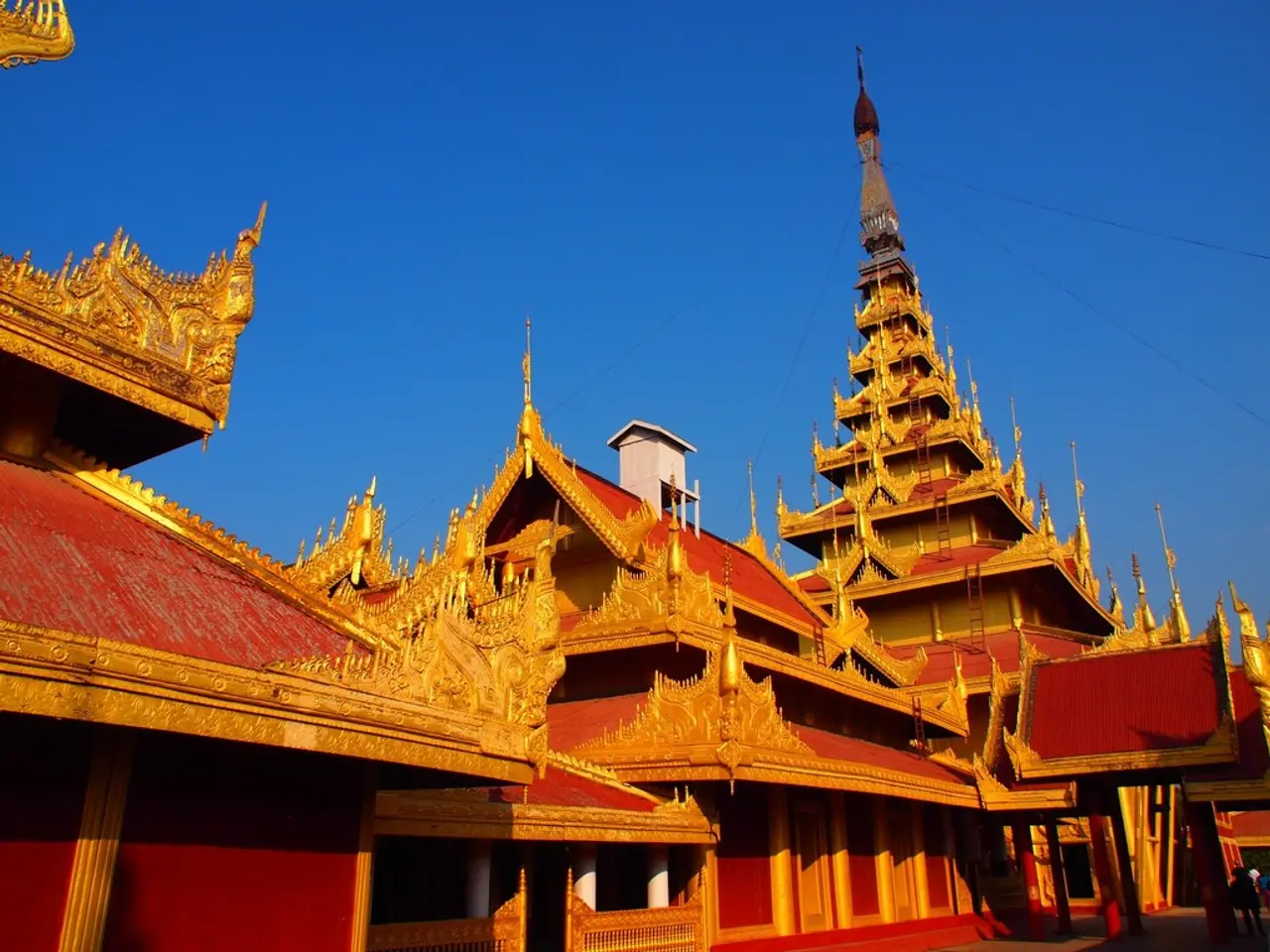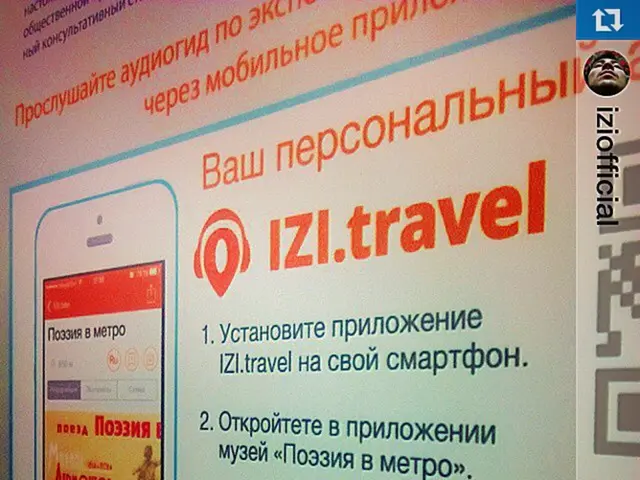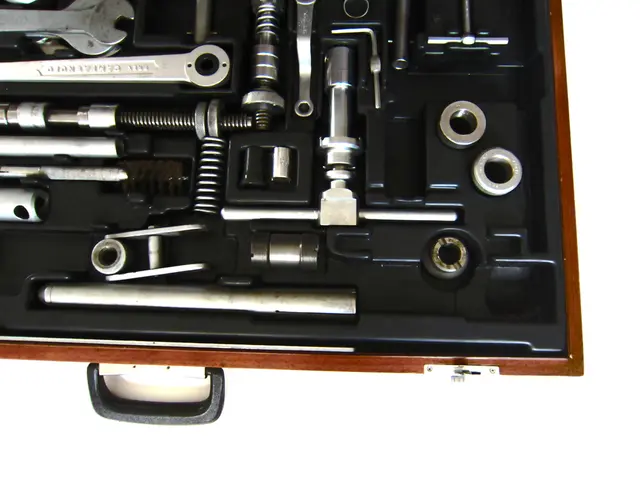Thai military experts together with foreign envoys inspect Phu Makua area following the unearthing of 46 landmines and weaponry originating from Cambodia.
In a significant visit on Saturday, Thailand's Foreign Minister Maris Sangiampongsa, along with diplomats from 33 ASEAN countries and State Parties to the Ottawa Convention, toured the Phu Makua operation site in Si Sa Ket province. The purpose of the visit was to observe landmine clearance operations and the recovery of military equipment found in the area.
During the visit, officials from the 4th Engineer Battalion, which is part of the 4th Infantry Division, 3rd Army Area, reported the successful retrieval and seizure of 46 anti-personnel landmines. Among these, 16 were fully operational. The landmines, mostly buried just beneath the surface and camouflaged with dirt and leaves, were located using metal detectors as the primary tool.
The visit came amidst ongoing tensions on the Thai-Cambodian border, which have been marked by active conflict that escalated in July 2025. A landmine explosion on July 23 injured Thai soldiers, which was attributed to Cambodian mine-laying and significantly heightened tensions.
Despite an internationally mediated ceasefire declared effective on July 28, reports of ceasefire violations by both parties continue, making the situation fragile. Officials at the Phu Makua operation site highlighted that Thai soldiers continue to discover Cambodian landmines and military equipment in Thai territory.
In addition to the landmines, anti-tank mines, RPG rockets, 60mm, and 82mm mortars were also recovered. Some of the recovered weapons appeared aged but were not antiques, having deteriorated due to poor storage conditions. The military could not provide information on the origins of the recovered equipment, as it may involve a third-party country.
One diplomat inquired about the most recent discovery of anti-personnel mines, which occurred just three days ago at the Phu Makua base. The extent of injuries caused by stepping on the mines varied depending on the type of footwear worn by the victims.
It is important to note that the specific details from the July 2025 incidents emphasize a landmine explosion injuring Thai soldiers on the border areas but do not single out Phu Makua explicitly in available reports. The broader context indicates that landmines and unexploded ordnance remain a serious hazard in the border region, exacerbating military and civilian risks and contributing to the protracted nature of the dispute.
During the visit, the officials did not discuss any resolution to the ongoing tensions on the Thai-Cambodian border. The officials' briefing took place at the Phu Makua operation site, where naval officers demonstrated the procedure for safely disarming anti-personnel mines.
The recovery of these items took place at the Phu Makua operation site in Kantharalak district. The visit serves as a reminder of the ongoing danger posed by landmines and the need for continued international cooperation in addressing this issue.
- The ongoing tensions on the Thai-Cambodian border, marked by active conflict and war-and-conflicts, have resulted in the recovery of various weapons such as anti-personnel landmines, anti-tank mines, RPG rockets, 60mm, and 82mm mortars at the Phu Makua operation site, emphasizing the persistent danger of landmines and unexploded ordnance in the border region and the need for robust general-news coverage and political discussions.
- The diplomat's query about the most recent discovery of anti-personnel mines at the Phu Makua base underscores the gravity of crime-and-justice issues in this region, as the indiscriminate planting and use of such weapons put both military personnel and civilians at risk, demanding immediate attention and resolution.







